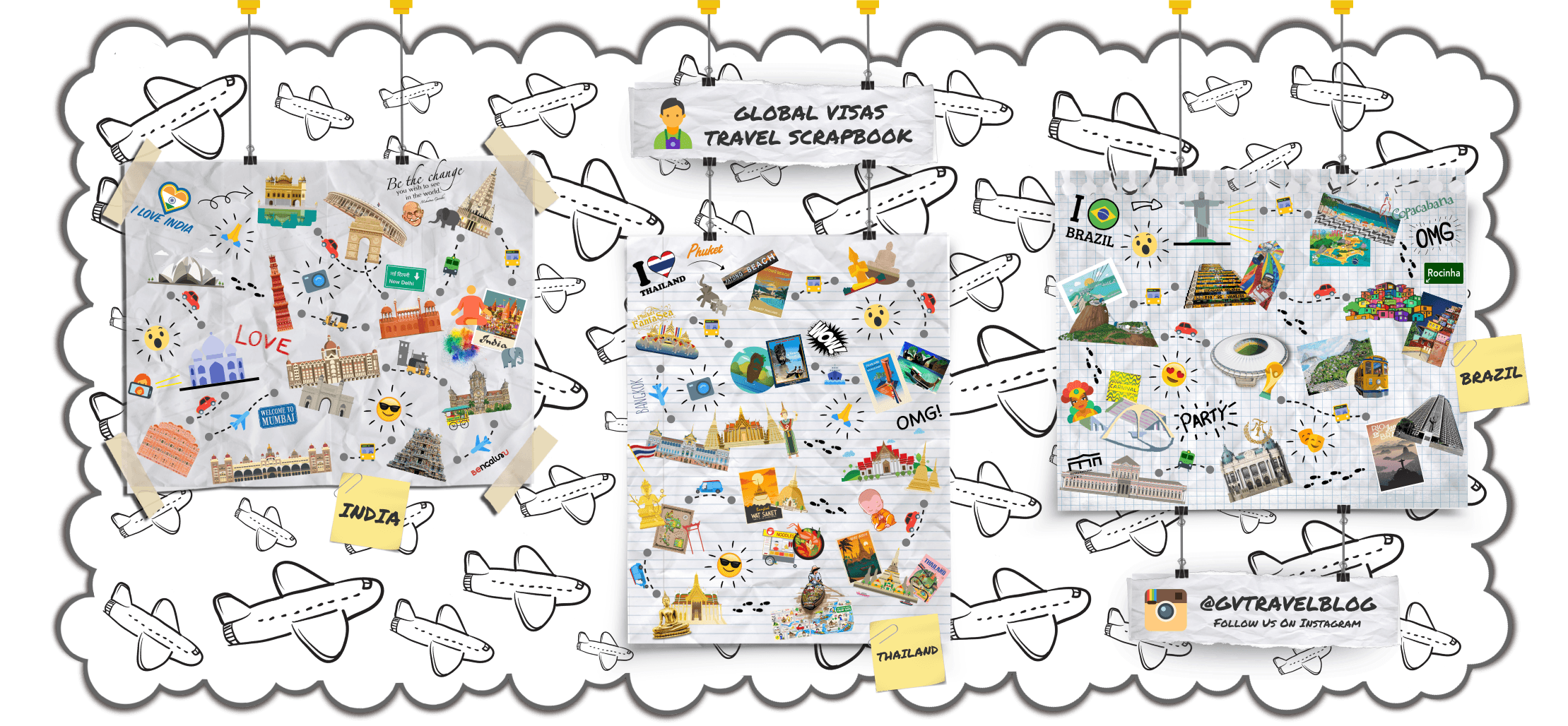BY BUS:
There is an extremely timely and reliable bus system that typically operates a tour-style bus through every major city in Benin every day, and even some international services in and out of Benin. There are many major lines with a range of quality of buses. The main systems are Confort Lines and Benin-Routes. Confort Lines seems to provide more of a variety of routes, and you even get some water and a little sandwich for long trips. Reservations for Confort Lines can be made in advance for CFA 500 at any regional office or by calling +229 21-325815. Bus lines run through: Porto-Novo, Cotonou, Calavey, Bohicon, Dassau, Parakou, Djougou, Natitingou, Tanguieta, Kandi, and even all the way up to Malanville.
Buses run on the two major paved roads running north and south, and you can have the bus stopped at any point you would like to get off at, and for differing rates. No discussion of prices is needed with the bus, as they use fixed rates. To give you an idea of prices, buses running from Cotonou to Natitingou (or vice versa) cost CFA 7,500 one way, and Cotonou to Parakou (or vice versa) costs CFA 5,500. These are examples, because there are also buses that go as far as Tanguieta and Malanville.
BY BUSH TAXI:
Bush Taxi is possible between most cities, every day in major cities, periodically for the more remote ones. The total price for long distances will be a little higher than by bus, and comfort and security are significantly lower. Drivers are often trying to maximize the number of people in the car so one can expect an intimate experience with the local population. However, bush taxis do offer flexibility that the bus systems do not; you can always find a taxi fairly quickly (at the autogarres). For trips of 3 hours (approx 150km) or less, a bush taxi might be a more flexible and reasonable option. Unlike the buses though, prices must be discussed in advance. Cost depends on the destination and price of gas. Ask other passengers what they are paying and always try to pay on arrival, although the latter is not always possible. A decent option for travelers not trying to go on the cheap is to buy up all the seats in a bush taxi, or at least all the seats in one row. It not only avoids having to wait until the taxi driver has filled up every seat, but it’s much more comfortable than being crammed in with lots of sweaty people! If you do this, you’ll typically need to give the driver some money up front so he can buy petrol along the way.
BY CAR:
Hired drivers cost more and is the typical means of transport for foreigners. The price depends on the driver and a local (Beninois) helping to negotiate is recommended. For example, a three hour car ride from the south central region along the main highway costs CFA30,000-40,000 if the car is hired, but a bush taxi would cost CFA 5000-10,000.
Traffic is chaotic and the rules of the road are rarely enforced. If you are planning on driving yourself in Benin, an International Driver’s Permit (IDP) is required. Traffic flows on the right hand side of the road as in the US and Canada.
Hiring a local guide is recommended.
Police roadblocks at night occur regularly and traveling alone with a driver (especially if you are a woman) may put the driver in an awkward position explaining and/or bribing the police.
Travelling by car is recommended only between major cities. For example, to travel from Cotonou to Porto Novo or Cotonou to Abomey. Most of the time, you would be required to share the car with many other travellers who are going it the same direction as you. Expect to be cramped and hot as most bush taxis are in hard shape and drivers try to cram as many people as possible into the car to make the trip as financially rewarding as possibly. However, if you want to throw the extra money, you can hire a car to take you personally where ever you want to go with no stops. The price would depend on the driver and you would definitely need a local (Beninois) to help you to negotiate the price or you will be taken advantage of. For example, a 3 hour car ride from the South Central region along the main highway would cost you CFA 30,000-40,000 if only 2 passengers are present, where as if you share the ride and pick people up on the way you would only spend CFA 5000-10,000. This of course all depends on if you have a local present or not. Travelling in such a manner is not recommended without a local present. The danger is minimal, but the financial price would be excessive. Also, random police roadblocks at night occur regularly as a way of policing the highways and if you were traveling alone with a driver (especially if you are a woman), it may put him in an awkward position explaining to the police and it may cost you more money. Traveling by car within the city is not recommended at all due to the fact that it is simply unnecessary and uneconomical. The best way to travel in any city or village is by motorcycle taxi. They are very cheap and the drivers know the city well. You can recognize them by their yellow shirts in most cities. Choose your driver carefully, drinking and driving in Benin is very common. These guys a very reliable if you need to go somewhere and enter a building for example, for a little extra money, they will wait outside for as long as you want; just make sure you don’t pay them first! For example, you can go just about anywhere in Cotonou by zem (zémidjan = moto taxi) for as little as CFA 500-1,000if you get a local to negotiate. It is recommended to travel with a local as much as possible, mainly from a financial aspect. Also, driving yourself around in a car is not a good idea. The roads are mostly of hard packed sand, with a few paved main roads in the cities and on the highways between the major cities. Traffic is chaotic and there are no rules of the road. If you are planning on driving in Benin, an International Driver’s license is required. Traffic drives on the same side of the road as the US and Canada.
BY MOTO:
The cheapest way to travel within a city or village is by motorcycle taxi (moto, zemidjan or zem). They are cheap and the drivers usually know the city well. An average ride costs between CFA 100-300, and they are easily recognizable by their matching colored shirts with their ID numbers on them. Prices must be discussed beforehand, and payment is made upon arrival. Remember the driver’s ID number as you would a taxi driver’s ID in New York City, just in case. Choose your driver carefully, drinking and driving in Benin is very common and moto drivers are sometimes involved in crime rings in major cities.
Motos have colors for different cities (for example): Cotonou: yellow Natitingou: green with yellow shoulders or light blue with yellow shoulders Kandi: light blue with yellow shoulders Parakou: yellow with green shoulders Kérou: green with yellow shoulders.
BY BOAT:
There are many pirogues (kayak/canoe) used for the fishing industry. Normally one can use a pirogue to visit the lake villages.
BY TRAIN:
There is a train route that goes halfway up the country, from Cotonou to Parakou, run by L’Organisation Commune Benin-Niger des Chemins de Fer et Transports (2132 2206). While the train takes longer than a bush taxi, it’s a much more relaxing way of traveling. First class tickets are only slightly more expensive than second class ones and are worth the extra expenditure. The train leaves Cotonou three times a week (Tuesday, Thursday and Saturday) at 8AM precisely, arriving at Parakou about 6:30PM, and returns the next day, leaving at 8AM from the Parakou train station, arriving 6:30PM in Cotonou. First class costs CFA 5600, while second costs CFA 4000.
The trains on these schedules will usually stop at Bohicon, which is 4 hours from Cotonou. The fare costs CFA 1400 for first class, and CFA 1100 for second.
A tour company also hires out colonial-period trains for multiple-day touring trips at expensive, but good value prices (CFA 50,000+).









